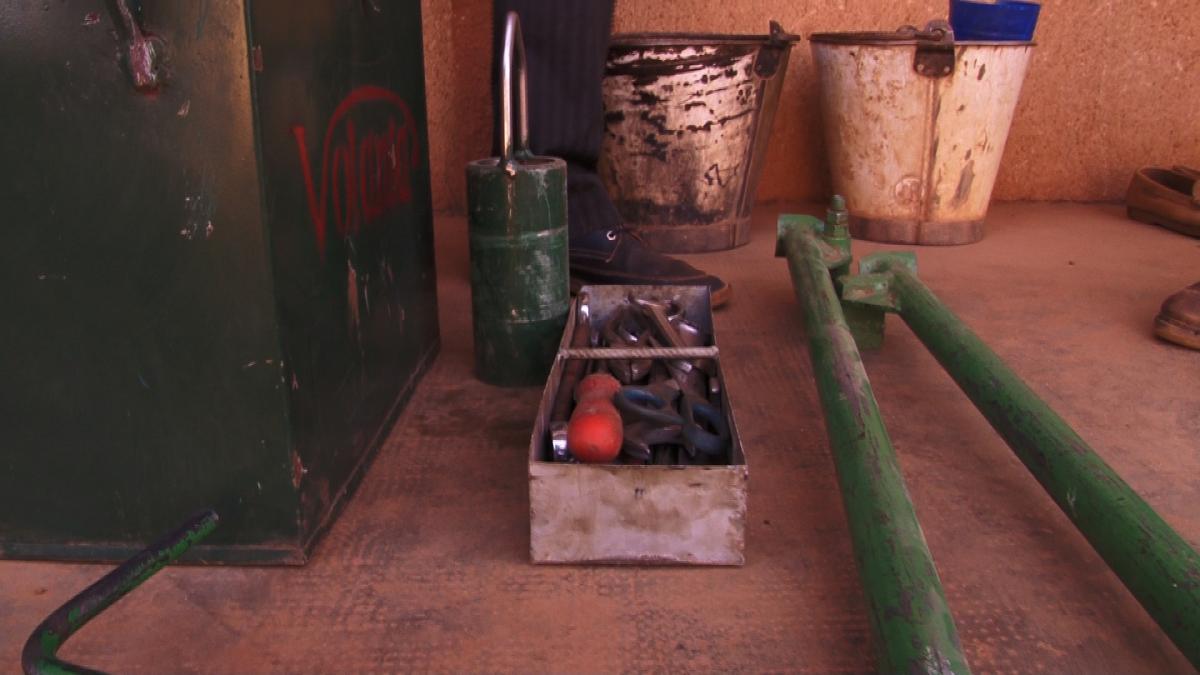Providing water, sanitation and hygiene services that last forever for everyone, is all about systems.
Published on: 29/08/2016

Systems such as monitoring systems to see whether services are delivered; financing frameworks that define who pays for what and how; and procurement mechanisms for infrastructure development. Developing those systems – the people, skills, resources – is therefore critical – it will allow us to meet the Sustainable Development Goals, and to end dependency on aid.
Where systems for WASH service delivery are weak or rudimentary, or where rapid change is bringing new challenges to service providers and service authorities, developing new and strengthening existing systems requires collective action. Action to innovate, find out what works (and what doesn’t!) and take lessons learned to scale.
Over the past six years under diverse initiatives like Triple-S, WASHCost and WASHTech IRC and partners have gained a wealth of experience: on what sustainable WASH systems look like; and, on how to support processes of collective inquiry and action necessary to develop them.
We have shared those experiences in the form of briefing notes, guidelines, papers and trainings. And we have seen that there is demand for, and appreciation of, them. But we have not, until now, attempted to bring them together in a single repository. This changes today with the launch of a new toolkit section on our website. Here you will find under one virtual roof a selection of the tools and approaches that we think are most important or promising for: creating strong, resilient and independent national and local WASH service delivery systems; and for supporting processes of systems change and systems strengthening.
The toolkit is in an early stage of development; it is a beta product, with all the usual caveats that come with that status. And, as with other beta products, we’re hoping that potential and actual users will feel free to contact us with their experiences of using the toolkit – to let us know what works for you, what we could do better – and what is completely missing and needs to be added.
All the products contained in these pages have been developed with public finance of one sort or another – and are completely free for you to use, adopt and adapt as you see fit. The only thing that we ask is that you acknowledge their source. This recognition is hugely important to us in showing our generous donors the use to which their money has been put.
So test out our tools and send us your experiences and feedback.
At IRC we have strong opinions and we value honest and frank discussion, so you won't be surprised to hear that not all the opinions on this site represent our official policy.